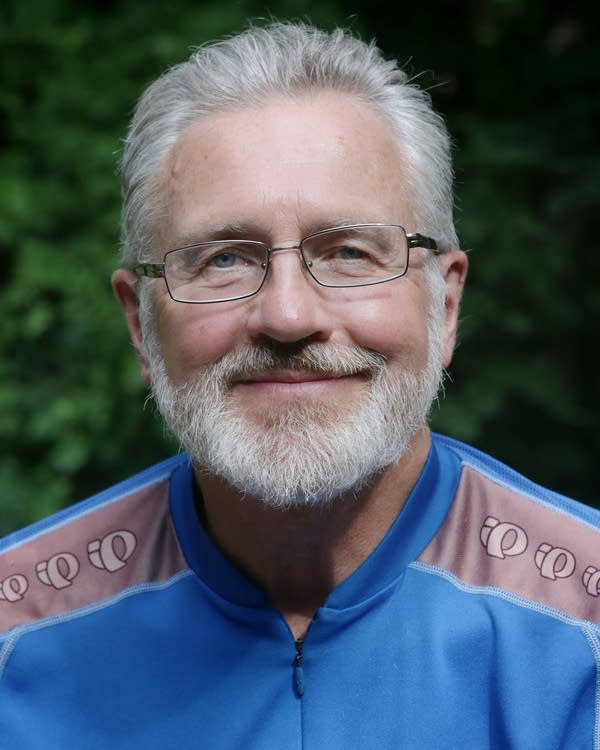Al Garber
'What was done was what we could do'

Al Garber was the FBI agent who led the early investigation into the abduction of Jacob Wetterling. A New York native, Garber is disciplined, direct and fiercely loyal. Asked about early suspects in the case, Garber--whose 2010 memoir is called "Striving to Be the Best"--seemed to perceive a criticism. "Nothing slipped through the cracks," he said. "What was done was what we could do."
Despite having a team of as many as 70 investigators and nearly boundless resources at his disposal, Garber was unable to find Jacob. Danny Heinrich, who has now confessed to abducting and murdering the 11-year-old boy, was an early suspect, but investigators were not able to gather enough evidence to make a case.
Arriving in St. Joseph the morning after the kidnapping and after the initial nighttime search, Garber said he knew right away that the case would be "a long haul." He rarely took time off, working 16-hour days and seeing his family only a half dozen times in four months.
Through it all, he made a point of calling Jacob's parents, Patty and Jerry Wetterling, nearly every evening with an update. Garber remembered their first meeting, where his boss advised Patty to be patient. "And Patty just lost it," he said. "She said, 'Patient? This is my son. I'm not patient. I want you to find him, now.'" That conversation stuck with Garber. "She opened my eyes that, we're investigators, we're not mother and father. We're trying to keep things moving along in a reasonable, organized way, keep track of what was done. We're not frantic about our son. And she was. She was right."
Born in 1942, Garber earned a bachelor's degree in political science from Rutgers University in New Jersey. From there, he joined the Army, becoming an Airborne Ranger and fighting in Vietnam, where he rose to the rank of captain. He said the military taught him that "when whoever is in charge says 'Do it,' after all the discussion — if there's time for discussion — you just do it." It also taught him, he said, that "you can stretch yourself far beyond what you think your limits are."
Garber joined the FBI in 1968 and worked in New York City and Rapid City, S.D., before going to Minnesota and supervising much of the early Wetterling investigation, which turned out to be one of the most intense of his career. He still thinks about it. "It's a unique, once-in-a-career case for me," he said in an interview before Heinrich led authorities to Jacob's remains.
After leaving the investigative effort with the crime still unsolved, which "was hard," Garber went on to become the police chief of Champlin, Minn., commissioner of the Minnesota Department of Natural Resources and U.S. Marshal for the District of Minnesota. "It was hard to tell Patty and Jerry, and it was hard for me to leave because you're not used to being unsuccessful. A law enforcement career is mostly successful, whatever level it's at .... You're used to succeeding, solving crimes, putting people in jail, exonerating people. Here we had nothing. We left not knowing. We got there that night not knowing."
Today, from his house on the Rum River in Isanti, Minn., Garber has worked as a private investigator, including, from time to time, on the Wetterling case. "I never felt any jurisdictional jealousies," he said of the early investigative team. "That's honest. I never felt any and I look back on those people who I worked with and I have nothing but high regard for them. You know, this is a kidnapping of a child. There's no time for jealousies. There's no time for animosity. And there wasn't."
More profiles

JACOB'S MOTHER
Patty Wetterling
More than anyone else, she has been the face and voice of the search for Jacob.

JACOB'S FATHER
Jerry Wetterling
More reserved than his wife, he struggled with the investigation and turned to psychics.